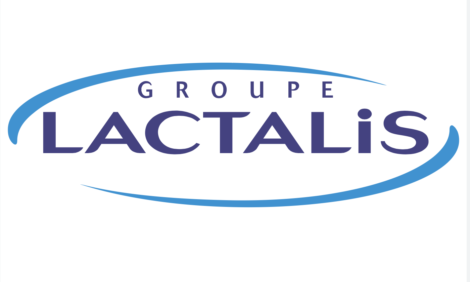



A New Way of Farming Explored
IRELAND - With output prices falling and costs rising, farmers are under increasing pressure. A conference, “A New Way of Farming”, took place yesterday (26 November) exploring farm partnerships and share farming.Organised by Teagasc and the Farmers’ Journal, and supported by AIB, the conference heard how the average farm size in Ireland is small, relative to our competitors in countries such as New Zealand, Australia, South America, the US and Canada, and that the full benefits of advances in mechanisation and technology can only be reaped by increasing the average acreage farmed.
Teagasc specialist Ben Roche told the 200 delegates that a family farm is unlikely to continue and prosper unless it is viable both economically and socially. The conference explored the benefits that farmers can achieve by co-operating in joint farming arrangements. Teagasc can provide information and assistance to farmers who wish to look at partnerships or share farming as an option to increase scale or improve economic and social viability for the future,“ he said.
Some farmers have already entered into formal partnerships, and the conference heard from a number who are farming in this new way. There are currently 556 Milk Production Partnerships in Ireland. Ben Roche pointed out that entering a farm partnership offers farmers a number of benefits, such as the ability to achieve scale at lower cost, the reduction of costs which are duplicated between farmers, manage synergy and share risk.
The conference also heard about share farming arrangements. The Teagasc specialist continued: ”Share farming is a joint venture between two separate farming businesses where two people, a land owner and a share farmer, jointly farm the same area of land as separate enterprises, remaining separate and independent for accounting and tax purposes. “
The current structure of Irish farming presents a challenge for policy makers and for Irish agriculture because it is characterised by relatively small-scale operations. Overhead costs have risen consistently on Irish farms while direct costs, as a percentage of market income, have also increased.
Teagasc researcher Aine Macken Walsh highlighted the issue of the ‘one man‘ farm business from a social perspective. She pointed out that joint farming agreements can reduce isolation by bringing social contact into the workplace and by freeing up time for farmers’ social activities. “It’s a response to the needs of the modern farm family by facilitating joint enterprises between members of farm families”, she concluded.
TheCattleSite News Desk


